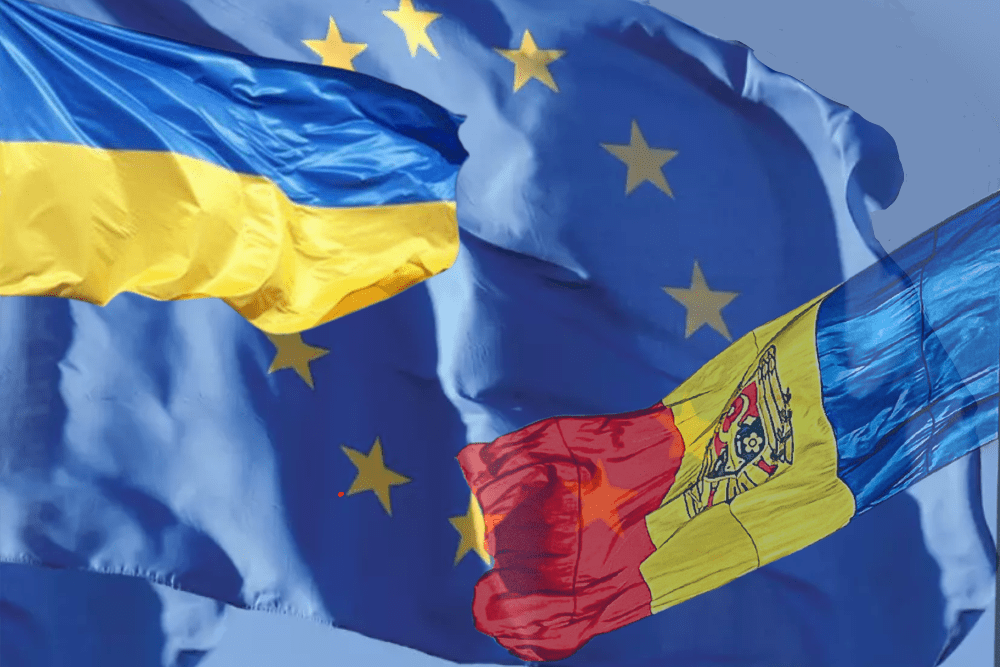MEPs on the International Trade Committee endorsed the extension of trade support for Ukraine and Moldova in the face of Russia’s war.
MEPs approved on Thursday, by 26 votes, with 10 against and 1 abstentions, a proposal to renew the temporary suspension of import duties and quotas on Ukrainian agricultural exports to the EU for another year, from 6 June 2024 to 5 June 2025, to support Ukraine amidst Russia’s continuing war of aggression against the country.
The legislation empowers the Commission to take swift action and impose any necessary measures should there be significant disruptions to the EU market, or to the markets of one or more EU countries due to Ukrainian imports. It also provides for an emergency brake for particularly sensitive agricultural products, namely poultry, eggs, and sugar, meaning that if imports of these products surpass the average 2022 and 2023 volumes, tariffs would be re-imposed.
The liberalising measures are conditional on Ukraine’s respect for democratic principles, human rights, the rule of law, and its sustained efforts to fight corruption and organised crime.
Moldova
In a separate vote on Thursday, MEPs agreed that all duties on imports from Moldova should be suspended for another year, by 28 votes, 2 against and 6 abstentions.
Quote
Sandra Kalniete (EPP, LV), rapporteur for the Ukraine file said: “As we have just passed the second anniversary of the onset of Russia’s war of aggression against Ukraine, the proposal is a strong signal of the EU’s steadfast support for Ukraine and its people. The extension of the EU’s trade measures will ensure Ukraine can continue to export its agricultural products to the EU – a crucial lifeline for the Ukrainian economy. At the same time, the proposal includes solid safeguards ensuring our farmers will not be overwhelmed by a sudden surge of imports. The Commission will be able to re-introduce tariffs or take any other necessary measures if it finds imports of specific products lead to market disturbances. It is a good balance between continuing our vital support to the Ukraine and the necessary protection of our markets.”
Next steps
Parliament is expected to vote on its first reading position during next week’s plenary session. If Parliament adopts its first reading position, the Council will then formally approve the regulation, and it will enter into force after being published in the EU Official Journal.
Background
The EU-Ukraine Association Agreement, including the Deep and Comprehensive Free Trade Area, has ensured that Ukrainian businesses have preferential access to the EU market since 2016. In the immediate aftermath of the start of the Russian war of aggression against Ukraine, the EU put in place autonomous trade measures (ATMs) in June 2022, which allow duty-free access for all Ukrainian products to the EU market. These measures were extended by one year in June 2023 and are set to expire on 5 June 2024.
On 31 January 2024, the EU Commission proposed that import duties and quotas on Ukrainian and Moldovan exports should be suspended for another year. Russia has deliberately targeted Ukrainian food production and Black Sea exporting facilities to undermine the country’s economy and threaten global food security.
Total EU imports from Ukraine amounted to €24.3 billion in the 12 months to October 2023 compared to pre-war levels in 2021 of €24 billion, according to the Commission.







